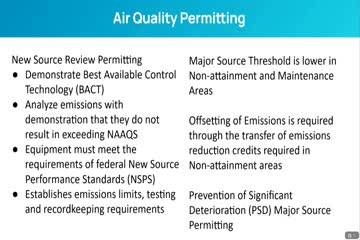Article not found
This article is no longer available. But don't worry—we've gathered other articles that discuss the same topic.
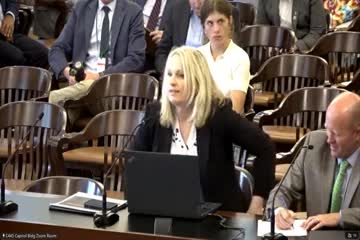
SITLA says trust lands revenue supports schools; geothermal, uranium and coal leases expanding
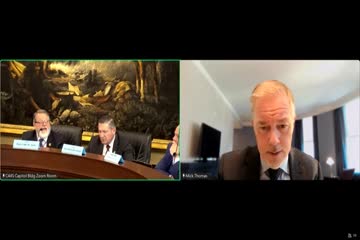
Utah oil and gas production rises; division pushes permit reform and updated bonding rules
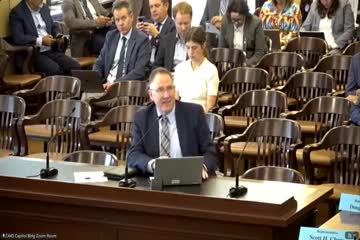
Air regulators: nonattainment rules and offsets constrain siting of large on‑site generation; 15 companies have approached Utah
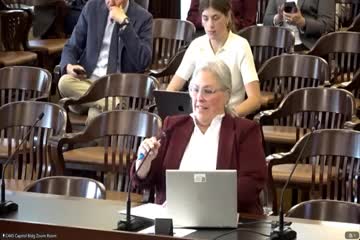
Utah energy office highlights Operation Gigawatt goals, signs nuclear MOUs and advances geothermal research
